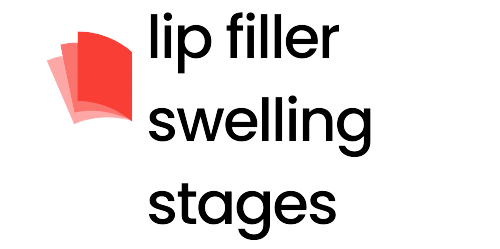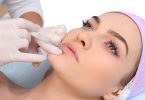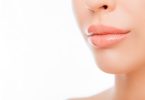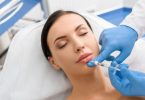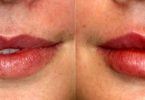Contents
Lip Swelling After Fillers

Lip Swelling After Fillers
Lip Swelling After Fillers is a natural side effect and can occur immediately following the procedure. It may also appear weeks or months later. If you continue to experience swelling, you should contact your doctor immediately. They can give you proper administration and advice. In some cases, lip fillers will cause temporary swelling and will go away on their own.
Lidocaine
Lidocaine is used in cosmetic dentistry for the treatment of lip swelling after Lip Swelling After Fillers. The medicine is administered by injection. Lidocaine reduces the sensation of pain and is used to prevent bruising and edema. After treatment, the patient can apply a cold compress to the injected area for up to 72 hours. The swelling should subside within 48 hours and is usually gone within 7 days. However, the patient is still concerned about her lips after the initial procedure and has requested another session. In the course of this second filler treatment, she did not mention the previous lidocaine injections.
If you are considering a lip augmentation procedure, you may want to talk with your cosmetic surgeon about the type of procedure you are looking for. You can bring a photo of the shape you want or describe the look you are seeking.
Hyaluronic acid
Immediately after undergoing Lip Swelling After Fillers enhancement with hyaluronic acid, patients should follow some simple post-treatment precautions to minimize swelling and bruising. Alcohol should be avoided as it dilates blood vessels, which can aggravate swelling. Also, ice packs are recommended for swelling reduction. It’s best to plan the lip enhancement around your schedule to minimize the impact of swelling. If possible, avoid alcohol and certain types of medications, and try to avoid sleeping on the face.
Although the amount of swelling after fillers may vary, it is typically minimal and should last only a day or two. This is due to the fact that most fillers contain hyaluronic acid, a gel that attracts water. However, some patients experience swelling in the area for up to a week after their treatment.
Patients should not exercise for at least 24 hours after the procedure. Exercise can increase the amount of swelling after the treatment. It’s also important to avoid high temperatures, which can dilate blood vessels and cause lip swelling.
Lidocaine injections
Lidocaine injections are an excellent choice for treating Lip Swelling After Fillers. This local anesthetic won’t leave you groggy, bruised, or tired. The swelling should disappear within 24 to 48 hours, although it may remain for a week or longer.
After the procedure, you should avoid activities that increase blood flow in your face. If possible, you should apply an ice pack to your lips. The ice will also ease the bruising. You can also use Arnica pellets to reduce swelling and pain. You can buy these online or at a local health food store.
While lip swelling is common after dermal fillers, you may have to deal with temporary bruising and pain following the procedure. Lidocaine injections are also available if you’re concerned about the pain caused by lip injections. You can also opt to use a topical anaesthetic to numb the area. However, you should be sure to talk to your doctor before deciding which method will be best for you.
Hyaluronic acid injections

Lip Swelling After Fillers
Lip Swelling After Fillers is a common side effect. The inflammation may occur immediately after the injection or linger for a few weeks. However, if it persists for more than a month, patients should consult their doctor. Proper administration and advice can help minimize swelling.
After the procedure, patients should follow several guidelines to reduce swelling and bruising. First, patients should avoid strenuous exercise. Exercise can increase blood pressure and heart rate, which can lead to swelling. They should also apply ice packs to reduce swelling. Additionally, patients should avoid alcohol, blood-thinning medications, and sleeping on their faces for at least 24 hours after the procedure.
Another important step is to clean the area after the injections. Generally, the site should be covered with gauze and ice for at least 24 hours after treatment. In addition, patients should avoid flying and prolonged exposure to high-pressure environments after the treatment. In severe cases, a physician may recommend hyaluronidase treatment.
